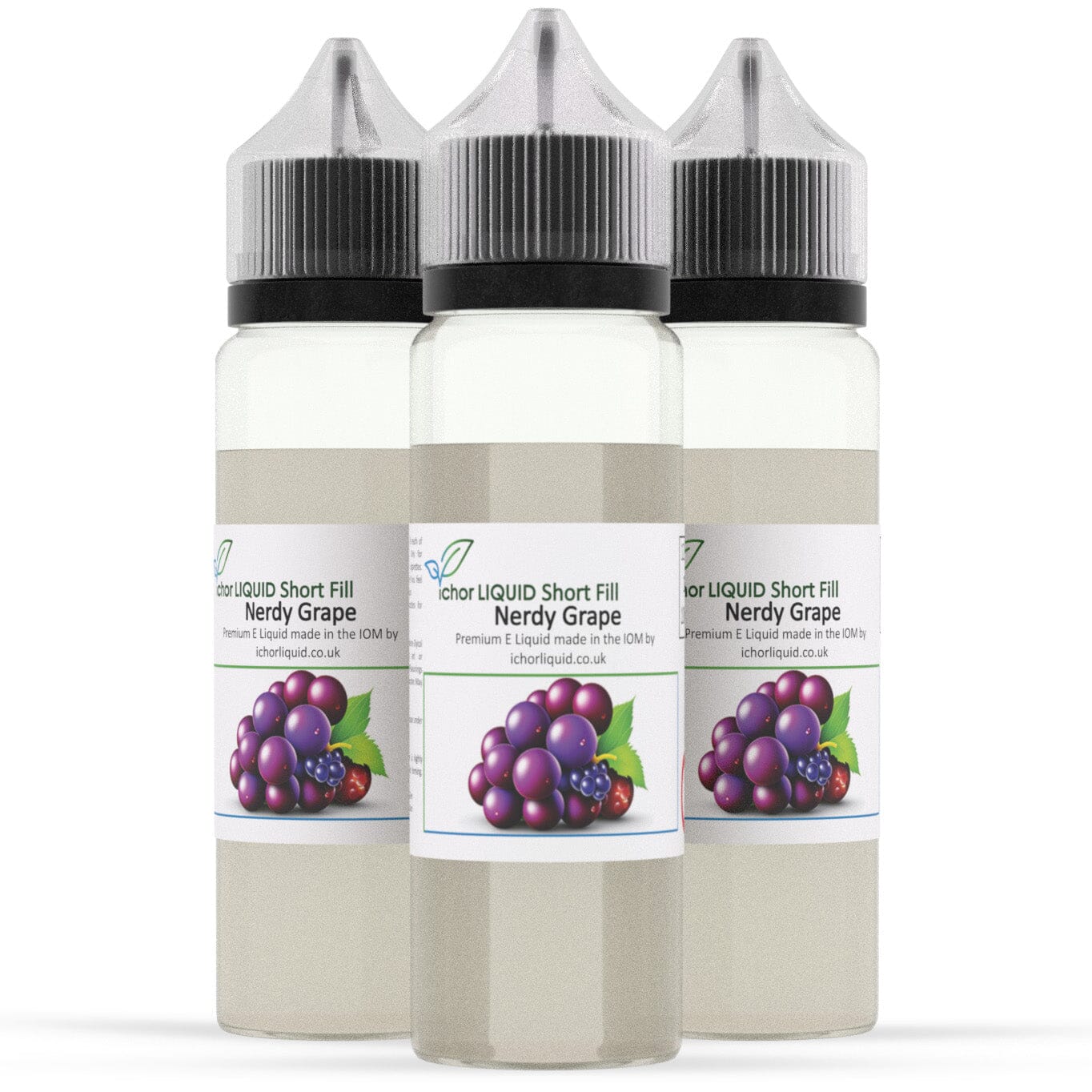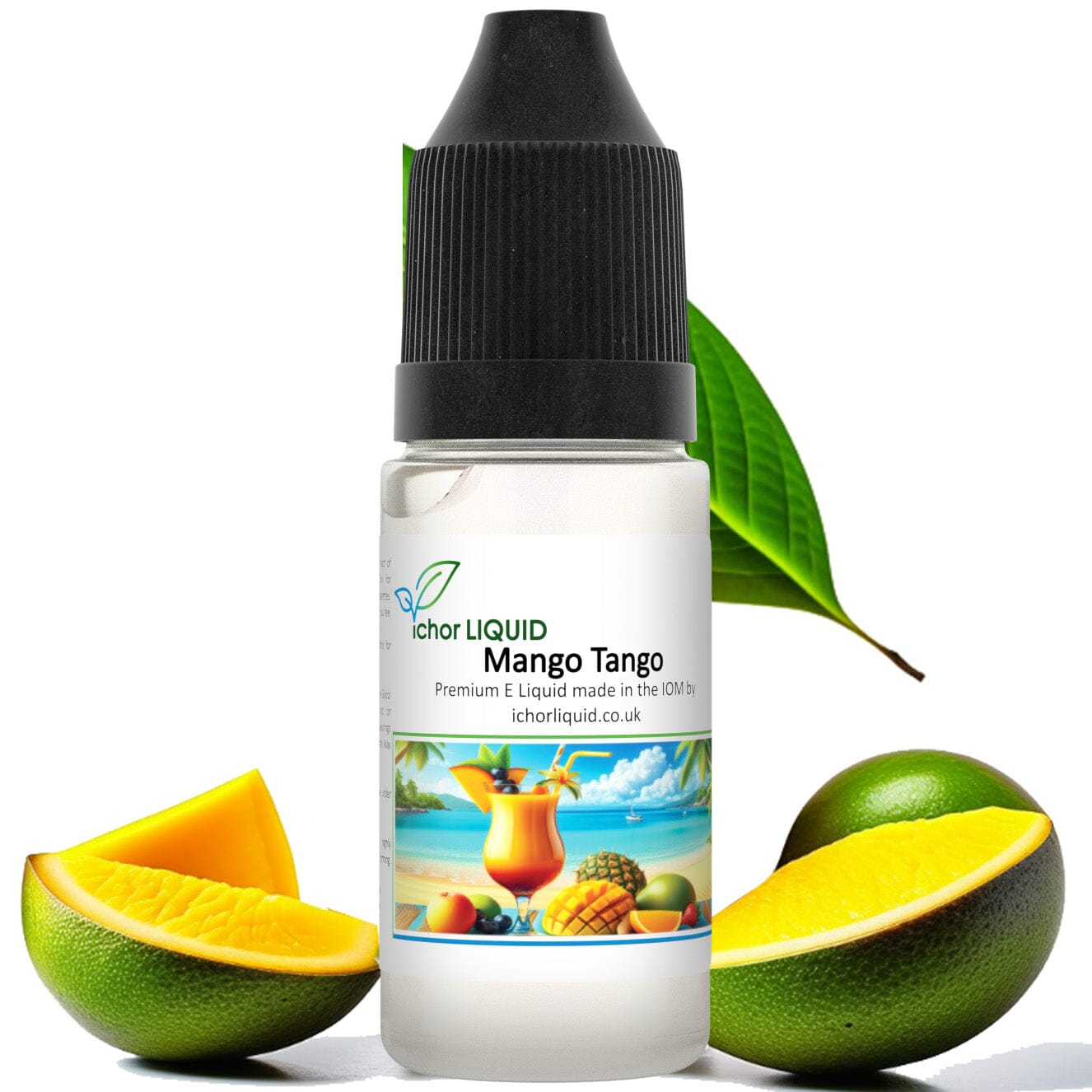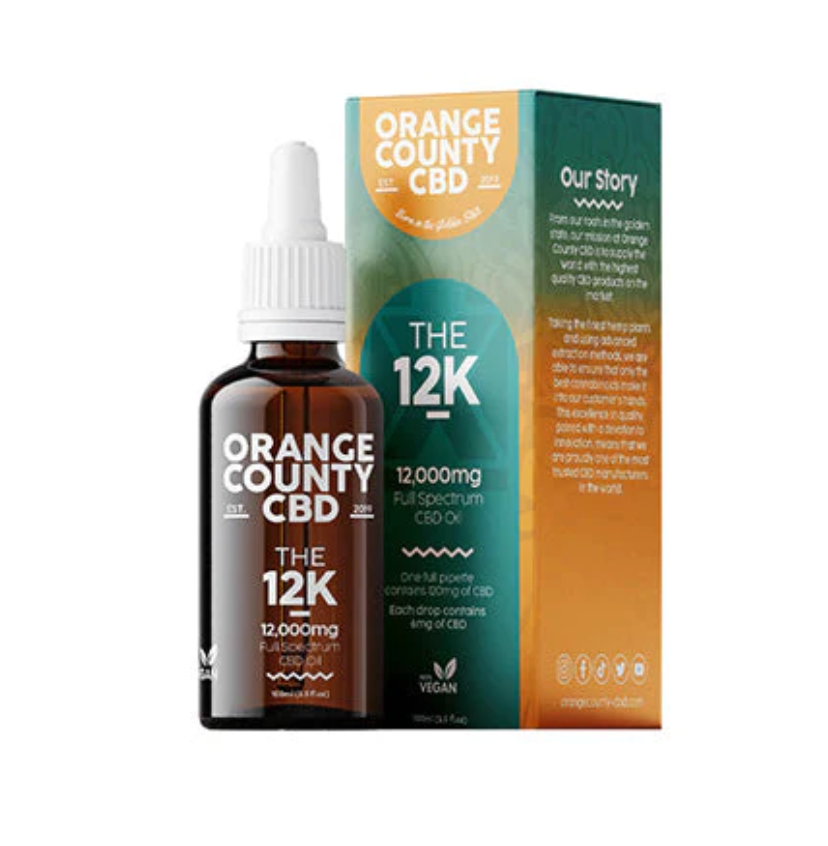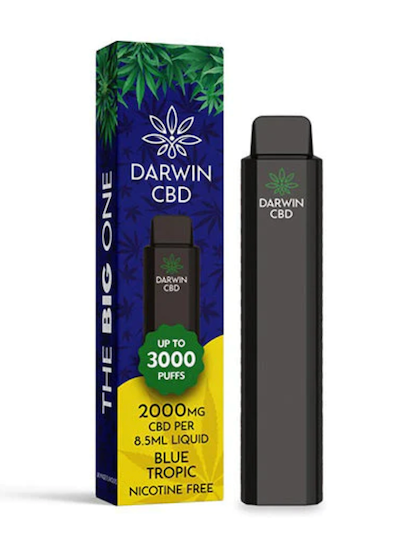What are the symptoms of propylene glycol sensitivity?

What are the symptoms of propylene glycol sensitivity?
Propylene glycol is a common ingredient found in a wide range of products, from cosmetics to food items. However, for a small percentage of the population, propylene glycol sensitivity can lead to a range of unpleasant symptoms. These can include skin rashes, hives, itching, and swelling. In more severe cases, individuals may experience difficulty breathing, chest tightness, and anaphylaxis. It's crucial to be aware of the signs of propylene glycol sensitivity and seek medical attention if you exhibit any of these symptoms after exposure to products containing this ingredient.
Key Takeaways:
- Propylene Glycol Sensitivity Symptoms: Symptoms of propylene glycol sensitivity can include skin irritation, redness, itching, and hives. Individuals may also experience respiratory symptoms such as coughing, wheezing, and shortness of breath.
- Other Physical Reactions: In some cases, propylene glycol sensitivity can lead to gastrointestinal symptoms such as nausea, vomiting, and diarrhea. It can also cause headaches and migraines in sensitive individuals.
- Exacerbation of Existing Conditions: People with existing skin conditions like eczema or dermatitis may experience worsening symptoms if they are sensitive to propylene glycol. It can also exacerbate asthma and other respiratory conditions.
- Avoiding Exposure: If you suspect you may be sensitive to propylene glycol, avoiding products that contain it can help minimize symptoms. This may include certain skincare products, medications, and foods and drinks that contain propylene glycol as an additive.
- Consulting a Healthcare Professional: If you experience any of the symptoms associated with propylene glycol sensitivity, it's important to seek medical advice. A healthcare professional can help determine the cause of your symptoms and provide guidance on managing them.
Propylene Glycol: Chemical Profile
Propylene glycol (PG) is a synthetic liquid substance widely used in the chemical, food, and pharmaceutical industries. It's known for its ability to absorb water and is used in products such as antifreeze, de-icing solutions, and in food. As a colourless, odourless liquid with a slightly sweet taste, PG is also used in cosmetics and pharmaceuticals. For detailed information on the chemical and molecular properties of propylene glycol, you can refer to PubChem.
Chemical Properties and Uses
One of the key chemical properties of propylene glycol is its ability to lower the freezing point of water, making it a valuable component in anti-freeze products. It also has hygroscopic properties, meaning it can attract and hold water molecules, making it useful as a humectant in products such as lotions and soaps. Additionally, propylene glycol functions as a solvent, helping to dissolve other substances and enhance their efficacy. Its versatility has made it widely used in the production of pharmaceuticals, personal care products, and food items.
Historical Perspective on Propylene Glycol Exposure
Glycol exposure has a long history, dating back to its discovery in the 1850s. It was first synthesized by the hydrolysis of propylene oxide, and its potential uses were soon realized. During World War II, propylene glycol gained attention for its anti-freeze properties and was used in military aviation and later commercial applications. Over the years, its availability and widespread use have led to increased human exposure to this chemical compound.
Chemical research, industrialization, and technological advancements in the 20th century have contributed to the pervasive presence of propylene glycol in everyday products. Its use as a solvent and preservative in pharmaceuticals, cosmetics, and food items has raised concerns about potential health risks and sensitivities associated with exposure to this compound. In recent years, there has been growing awareness and research into the effects of propylene glycol on human health, with a focus on identifying symptoms of sensitivity and reducing exposure in sensitive individuals.
Understanding Sensitivity
The sensitivity to propylene glycol is a condition where the body reacts adversely to the presence of this common chemical compound. It can manifest in various symptoms ranging from skin irritations to respiratory issues. Learn about 100% VG E liquid and its benefits. Explore the world of pure vaping satisfaction on this page: What is 100% VG E liquid
The Mechanisms of Adverse Reactions
For individuals with propylene glycol sensitivity, the adverse reactions can be attributed to the body's inability to metabolize and process this chemical. When ingested or applied topically, propylene glycol can trigger an immune response, leading to inflammation and discomfort. This sensitivity can be exacerbated for individuals with compromised immune systems or pre-existing conditions.
Differentiating Sensitivity from Allergy
Differentiating between sensitivity and allergy is crucial in understanding the body's response to propylene glycol. Sensitivity involves a more subtle and gradual reaction to the compound, whereas an allergy results in a more immediate and severe response. It's important to note that propylene glycol sensitivity can develop over time with continued exposure to the compound. Find out about allergies to E Liquid and how to stay safe while vaping. Get the facts in our easy-to-understand guide: Allergies to E Liquid.
With proper medical evaluation, individuals can determine the specific nature of their adverse reaction to propylene glycol. Diagnosing this sensitivity accurately can aid in avoiding potential health complications and improving overall well-being.
Manifestations of Sensitivity
Your body may exhibit a range of symptoms if you are sensitive to propylene glycol. These symptoms can manifest as either cutaneous or systemic responses. Discover simple ways to treat a vape allergy and enjoy vaping without problems. Learn more in our article: Treat Vape Allergy.
Cutaneous Symptoms
On the skin, sensitivity to propylene glycol may present as redness, itching, burning, or hives. These symptoms can appear shortly after contact with products containing propylene glycol, such as lotions, creams, or cosmetics. In severe cases, the skin may develop blistering or peeling.
Systemic Responses
The body's systemic responses to propylene glycol sensitivity may include headaches, nausea, vomiting, dizziness, and shortness of breath. In more severe cases, anaphylaxis can occur, leading to a life-threatening emergency.
Systemic responses to propylene glycol can be debilitating and require immediate medical attention to prevent serious complications.
Diagnosis and Management
After recognizing the symptoms of propylene glycol sensitivity, it is important to seek a proper diagnosis and implement effective management strategies to minimize exposure and alleviate symptoms.
Identifying Propylene Glycol Sensitivity
Diagnosis of propylene glycol sensitivity can be challenging, as the symptoms can mimic those of other conditions. Medical professionals may conduct allergy testing, patch testing, or elimination diets to determine if propylene glycol is the culprit. It is essential to keep a detailed record of symptoms and potential sources of exposure to aid in the diagnostic process.
Effective Strategies for Management
An essential strategy for managing propylene glycol sensitivity is to avoid products containing this compound, including certain medications, cosmetics, and processed foods. Seeking alternatives that do not contain propylene glycol can greatly reduce the risk of exposure and alleviate symptoms. Additionally, working closely with healthcare professionals to develop a personalized management plan is crucial for long-term success.
To effectively manage propylene glycol sensitivity, it is important to educate oneself on potential sources of exposure and carefully read product labels for hidden propylene glycol. Seeking support from allergists and dermatologists can aid in the development of a comprehensive management plan that addresses both avoidance and treatment strategies.
Conclusion
Drawing together the various symptoms and effects of propylene glycol sensitivity, it becomes clear that this condition can manifest in a range of ways, including skin irritation, respiratory issues, and digestive disturbances. These symptoms can have a significant impact on an individual's quality of life and overall well-being. It is crucial for those experiencing these symptoms to seek medical advice to determine whether propylene glycol sensitivity is the cause, and to identify and eliminate potential sources of exposure. By understanding and addressing the symptoms of propylene glycol sensitivity, individuals can take steps to manage their condition and improve their health.
FAQ
Q: What are the symptoms of propylene glycol sensitivity?
A: Propylene glycol sensitivity can manifest in a variety of symptoms, including skin irritation, hives, itching, and redness. Additionally, individuals may experience respiratory symptoms, such as coughing, wheezing, and shortness of breath. Gastrointestinal symptoms, such as nausea, vomiting, and diarrhea, can also occur in those with propylene glycol sensitivity.
Q: How is propylene glycol sensitivity diagnosed?
A: Propylene glycol sensitivity can be diagnosed through patch testing, which involves applying small amounts of propylene glycol to the skin and monitoring for a reaction. Additionally, a healthcare provider may conduct a thorough medical history and physical examination to assess for symptoms of propylene glycol sensitivity.
Q: Can propylene glycol sensitivity be managed without medication?
A: Yes, individuals with propylene glycol sensitivity can manage their symptoms without medication by avoiding products that contain propylene glycol. It is important to carefully read product labels and avoid exposure to items such as cosmetics, personal care products, and certain medications that contain propylene glycol.
Q: Are there alternative ingredients that can be used in products to avoid propylene glycol sensitivity?
A: Yes, there are alternative ingredients that can be used in products to avoid propylene glycol sensitivity. Some commonly used alternatives include glycerine, butylene glycol, and sorbitol. These ingredients can serve similar functions to propylene glycol without causing sensitivity reactions in individuals.
Q: Is propylene glycol sensitivity the same as an allergy?
A: Propylene glycol sensitivity differs from an allergy in that it may not involve an immune system response. Sensitivity reactions may be more mild and can vary in severity, whereas allergies typically involve an immune system response and can lead to more severe and potentially life-threatening symptoms. It is important to differentiate between sensitivity and allergy when seeking medical care and treatment options.





